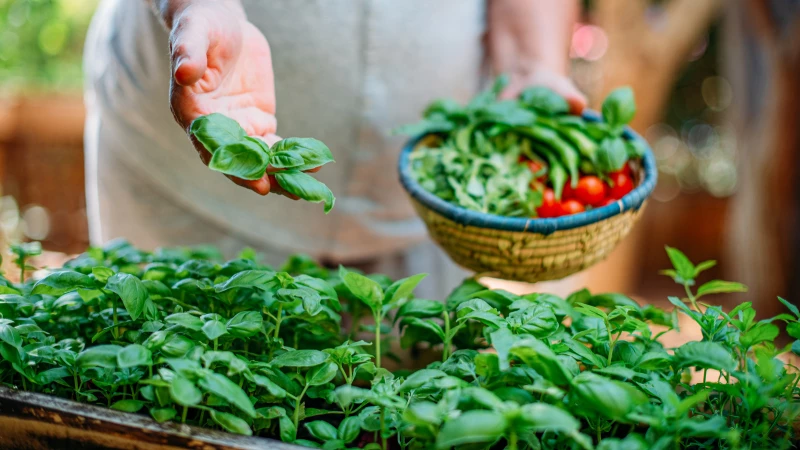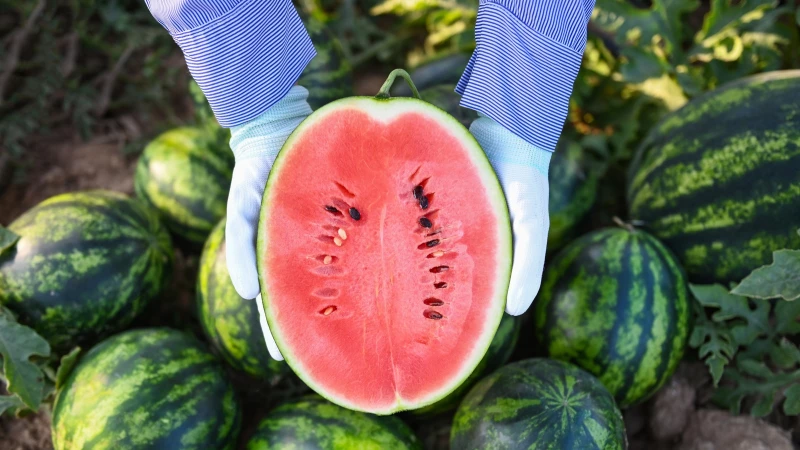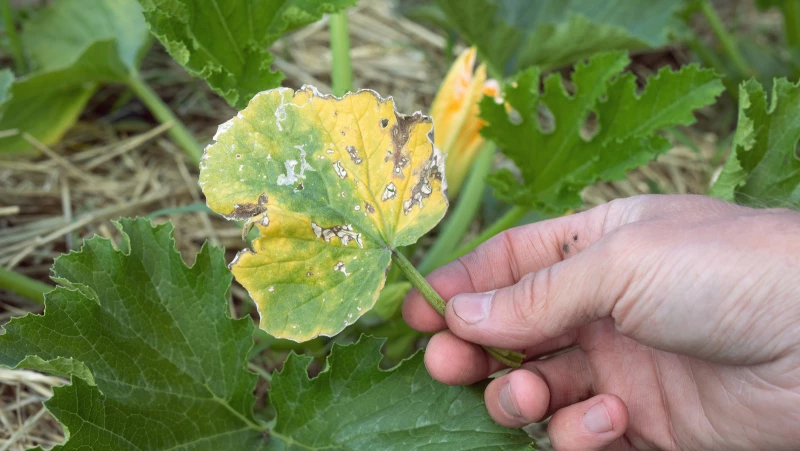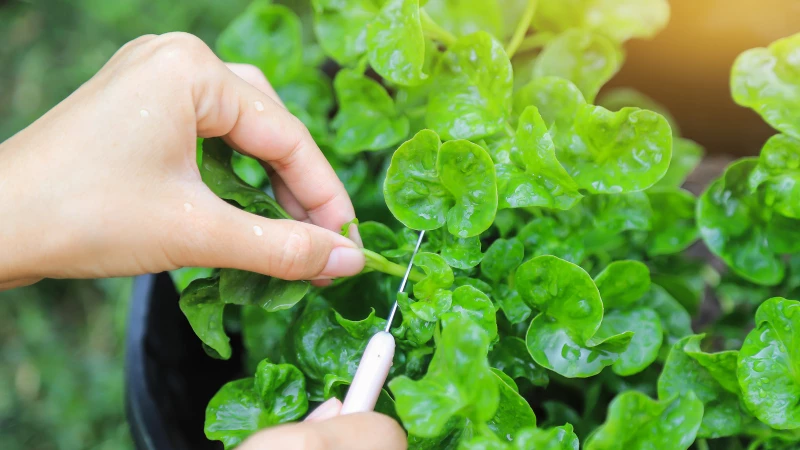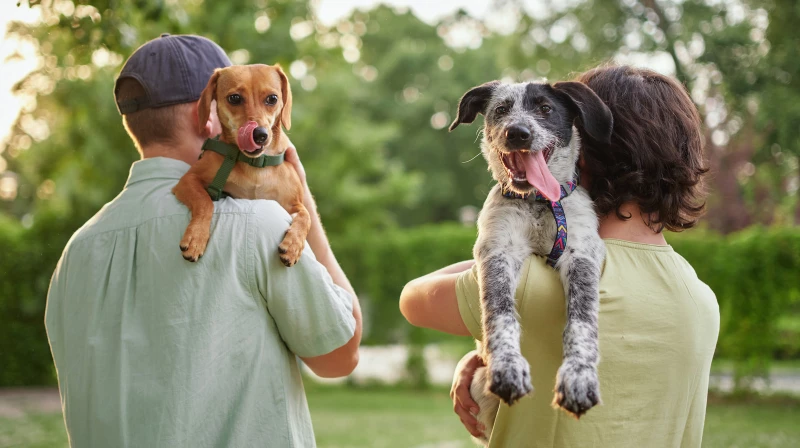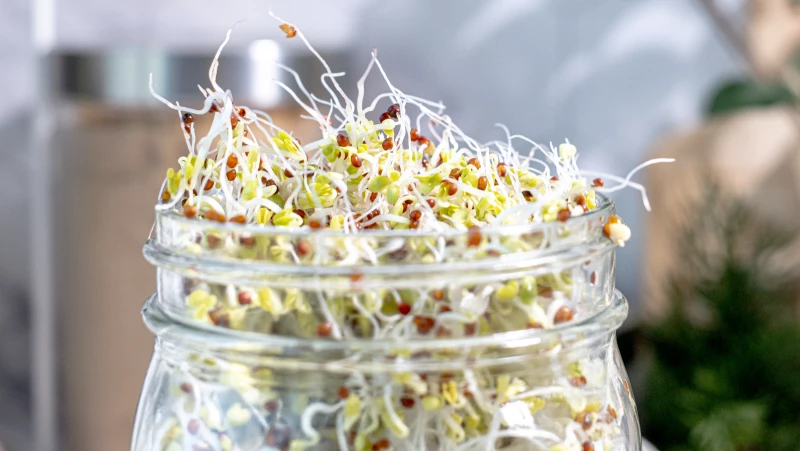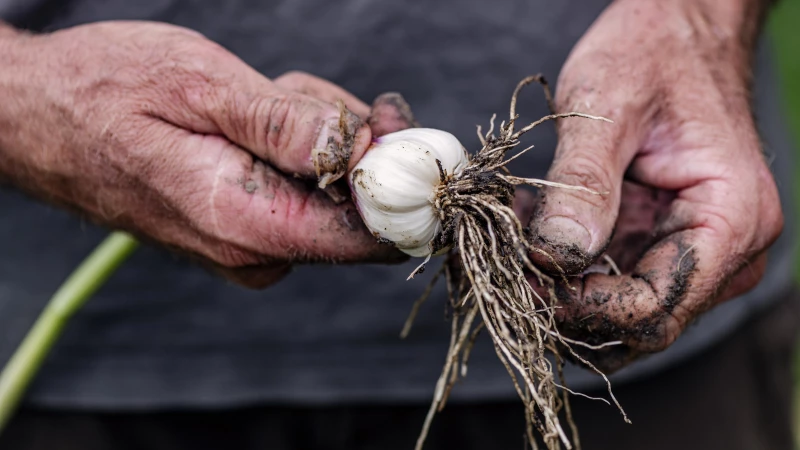Herbs like basil are often potted with multiple plants in one container at nurseries to provide a fuller appearance and convenience for buyers. This approach aims to offer immediate lushness, mimicking a mature plant. However, overcrowding can lead to competition for resources like water and nutrients, potentially stunting growth. So the first thing you should do after buying a basil plant when you get home is separate the one large plant into several smaller plants to repot in their own planters or with more space and soil in a garden bed. This practice works well to help your basil develop better, allowing each plant to establish its root system and thrive independently. This initial grouping in a single pot is primarily for aesthetic appeal and instant gratification, but separating them supports healthier, more robust growth in the long run.
Basil is an aromatic plant to grow and take care of in the garden. To maximize your basil plant's yield, there are several steps you can take after purchasing it aside from separating it into smaller plants. Start by regular pruning and harvesting. Pinch off the topmost leaves just above a set of leaves or branching points. This encourages lateral growth, stimulating the plant to become bushier. Regular harvesting prevents the basil from flowering too early, prolonging the harvest season. Aim to harvest a few leaves from each stem rather than stripping one area entirely.
Consider the environment. Basil thrives in warmth and sunlight. Ensure it receives at least 6 to 8 hours of sunlight daily. If grown indoors, place it by a sunny window or use grow lights. Consistent warmth, between 70 to 80 degrees Fahrenheit, supports optimal growth. Adequate air circulation also helps prevent diseases, so ensure good ventilation around the plant.
Fertilize appropriately and maintain soil moisture. Use a balanced fertilizer every 3 to 4 weeks during the growing season to provide essential nutrients. Organic fertilizers or those specifically-formulated for herbs work well. Basil prefers consistently moist, well-draining soil. Water deeply when the top inch of soil feels dry, allowing excess water to drain. Avoid overwatering your basil, which can lead to root rot. Also, be sure to water the soil around the base of the plant rather than the leaves, which will help maintain moisture without encouraging fungal infections.

